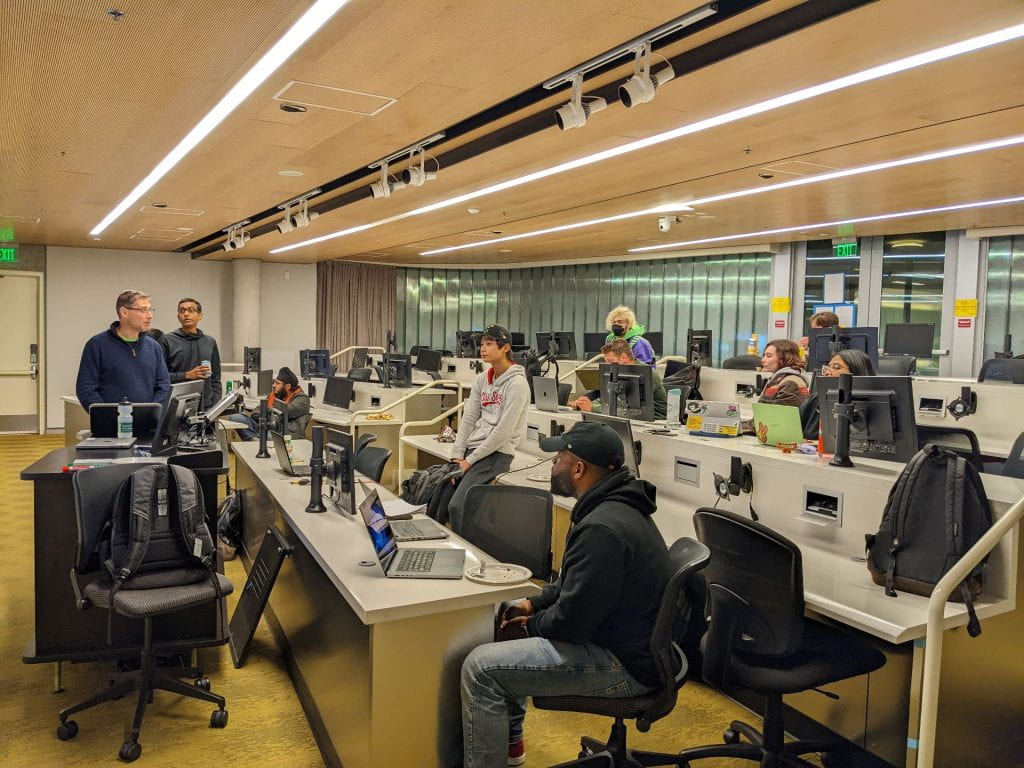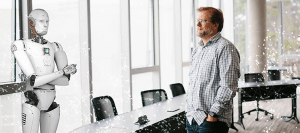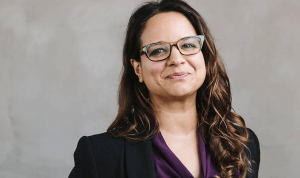Welcome!
Welcome to the Fall 2023 semester in Computer Science here at USF! Now
that the Labor Day holiday has passed and we’ve traded those last foggy
days of summer for the beautiful autumn afternoons and sunsets, it’s
time to rededicate ourselves to our work.
This is a really exciting time to study Computer Science. Computing is a
fundamental part of almost everything in our lives these days, whether
it’s AI helping to write your emails, choose your playlists or park your
car, or sensors controlling the environment for us, or the many servers
and databases that store all of our personal, medical and educational
records. The world is changing rapidly, and the rate of change is just
as quick; we are truly at the elbow of exponential growth.
But making that change work for everyone requires deep thought, care,
and wisdom. It’s not only building amazing things, but also
understanding the fundamental problems that need solving, empathizing
with those who are most vulnerable, and asking how we might best work to
create a better world through technology.
This is why I love USF, and why I think the education we offer is so
special and unique. We have the chance to integrate all of these
incredible tools with a vision to create a more humane and just world
and to be computer scientists with a purpose. I’m really excited to
continue our journey together this year, and to have you all as a part of
our community.





